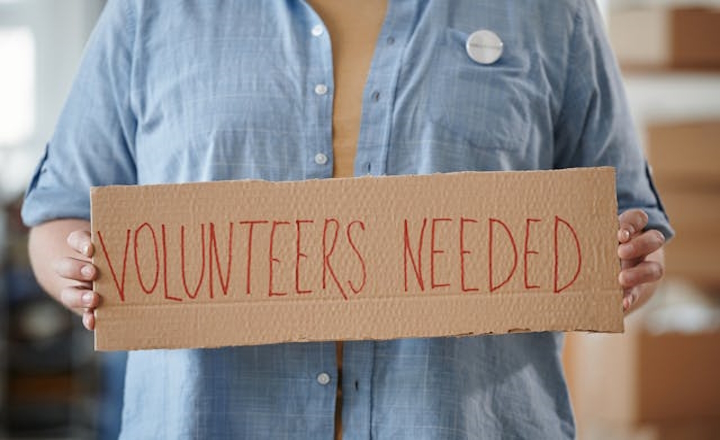
Volunteering abroad is a truly rewarding experience, a chance to make a real difference, learn about a new culture, and grow as a person. But getting ready for a trip that's not just a vacation, but a commitment to service, can feel a bit confusing.
This guide is here to help you get ready for your first volunteer trip. We’ll cover everything from the basic things you need to do to the mental preparation, so you'll feel confident and ready to make the most of your adventure.
Before You Book: The First Steps
Before you even think about packing, there are a few important things to figure out.
1. Know Why You're Going. Take a moment to think about why you want to volunteer. Are you passionate about helping animals, teaching kids, or working on community projects? Knowing why will help you pick a project that you truly care about. It will also keep you going when things get tough.
2. Do Your Homework. Once you have an idea of what you want to do, it's time to find an organisation. Look for groups that are well-known, honest, and ethical. Read what other volunteers have said, look at their social media, and read their mission statement. A good organisation will be clear about where its money goes and how to help the local community. Be careful of "voluntourism" programs that care more about giving you a fun trip than actually helping people.
3. Pick Your Place and Project. Think about where you want to go. Do you have a dream destination, or are you open to new places? Look at the project details: how long it lasts, what kind of work you'll be doing, and where you'll stay. Does the project need special skills? Be honest with yourself about what you can and can't do.
The Practical Stuff: Getting Ready to Go
Once you've booked your volunteer abroad trip, the real preparation begins.
4. Get Your Paperwork in Order. This is the most important step. Check to see if you need a visa for the country you're visiting. Some places need a special visa for volunteers, which can take a long time to get. Make sure your passport is valid for at least six months after you get back home. Make copies of all your important documents—your passport, visa, flight information, and any medical papers—and save them online where you can get to them easily.
5. Take Care of Your Health: Make an appointment with your doctor at least two months before you leave. They can tell you about any shots you need and what medicines to bring, like pills for malaria or an antibiotic for stomach issues. Tell your doctor where you're going and what you'll be doing. You should also check the CDC website for their health recommendations.
6. Pack Smart. Your packing list will depend on where you're going and what you'll be doing. But here are some general tips. Pack light and bring clothes that are right for the weather and the culture. In many places, it's a good idea to wear clothes that cover your shoulders and knees. Don't forget comfortable shoes, a reusable water bottle, a small first-aid kit, and an adapter for your electronics.
7. Learn a Bit of the Language and Culture. Even if you just learn a few words, it will help a lot. Phrases like "hello," "please," "thank you," and "goodbye" in the local language show that you respect the culture. Learn about local customs, like how people greet each other or what is polite to wear. This will help you fit in better and avoid misunderstandings.
The Mental Stuff: Getting Your Mind Ready
Volunteering abroad is a journey of personal growth, and a big part of getting ready is getting your mind ready.
8. Don't Expect a Perfect Trip. Your experience won't be like a movie. There will be tough times, things will go wrong, and you might feel frustrated. You might see poverty or face cultural differences. Go with an open mind and be ready to be flexible. Remember that you are a guest, and your job is to help the community, not to be a hero.
9. Be Open to New Things. Don't be afraid to be a little uncomfortable. These are the moments when we learn the most. Be open to trying new foods, meeting new people, and stepping out of your comfort zone. The most meaningful lessons often happen when you're challenged.
10. Talk to Other Volunteers. If you can, try to connect with other volunteers who have worked with the same organisation or in the same place. They can give you great advice and a sense of community before you even get there. They can also tell you what to expect.
11. Be Ready to Let Go. Finally, be ready to let go of your expectations. Your trip is not just about what you give; it's also about what you get back. The friendships you make, the things you learn, and the new ways of seeing the world will be some of the most lasting parts of this experience.
By taking the time to get ready, you're not just preparing for a trip—you're setting the stage for an experience that will change your life. Go with a kind heart and an open mind, and get ready for a journey you’ll never forget.
| < Prev | Next > |
|---|




